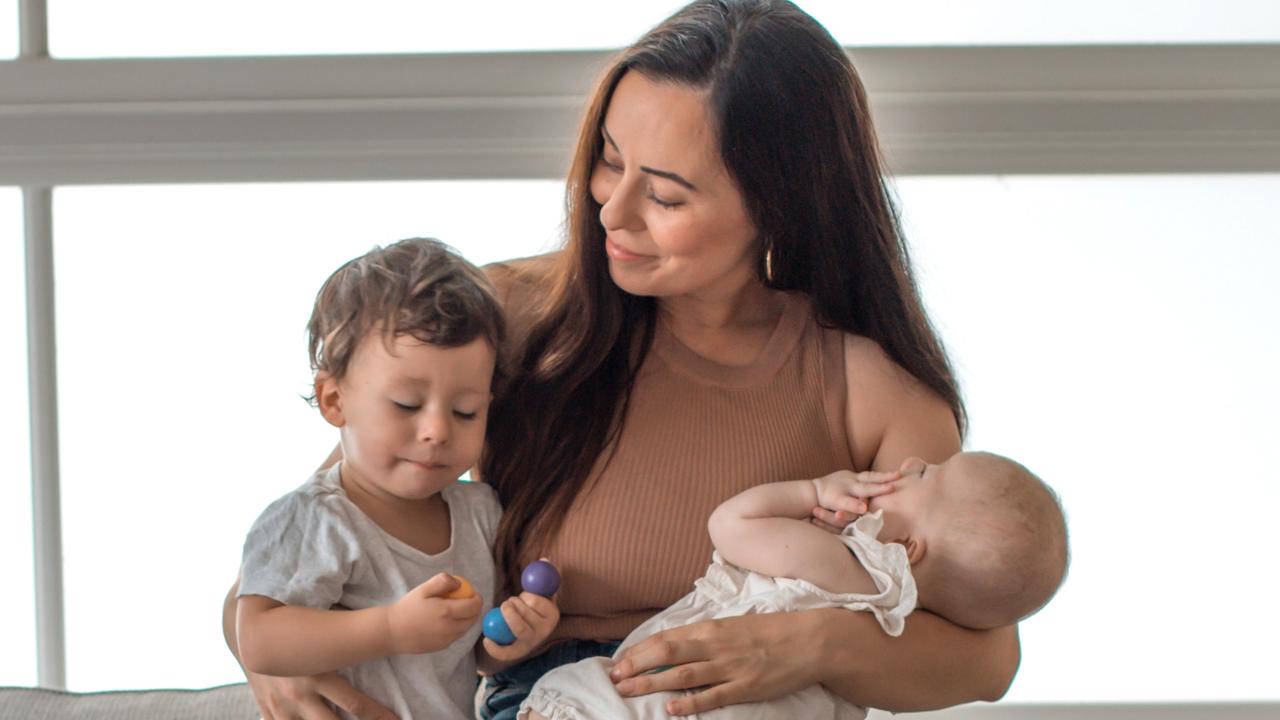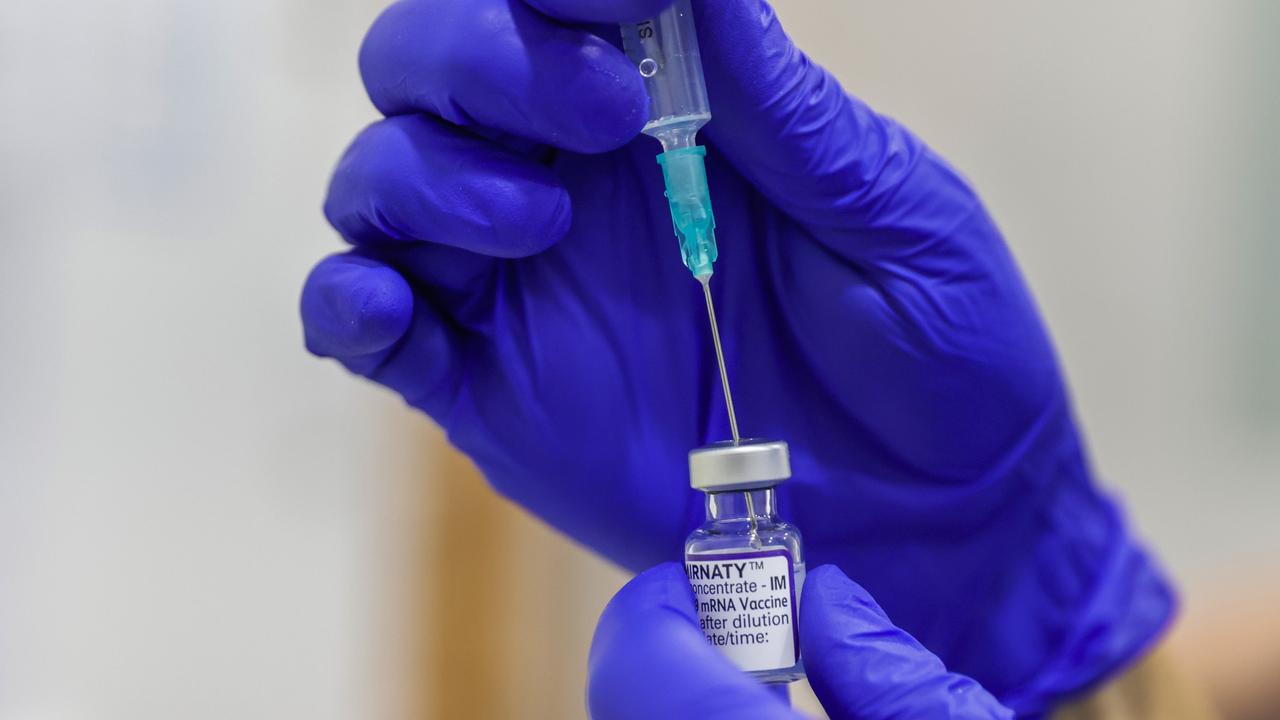Live Covid Q&A: Peter Collignon answers your vaccine questions
Infectious diseases expert Professor Peter Collignon joined Daily Telegraph readers for a live Q&A where he answered all your burning Covid-19 and vaccine questions. See his responses.
NSW Coronavirus News
Don't miss out on the headlines from NSW Coronavirus News. Followed categories will be added to My News.
Infectious disease expert Professor Peter Collignon joined Daily Telegraph readers this morning for a live Q&A where he answered all your burning Covid-19 and vaccine questions.
Prof Collignon is an infectious disease physician and microbiologist at the Canberra Hospital, and a professor at the Australian National University Medical School.

His particular interests are antibiotic resistance and hospital acquired infections, but during the Covid-19 pandemic he has emerged as one of the nation’s leading voices on public health.
With advice about the AstraZeneca vaccine changing multiple times, and a so-far limited supply of the Pfizer option, Prof Collignon has argued vaccine hesitancy was “not unexpected,” but could be addressed with better messaging.
“To some degree I do think we need messaging out there that’s more positive, really emphasising the benefits versus the risks of the vaccine,” he said.
“Im not sure if that’s best coming from scientists like myself though, that’s more for marketing and advertising people I would think.”
He took the time to answer Daily Telegraph readers’ questions on the virus, Sydney’s current lockdown situation and the vaccines that can help Australia finally live with Covid-19 this morning.
Here are the best of the questions and answers provided.
Q: I have had two AstraZeneca shots. How protected against the Delta Strain am I? Will I need a booster and can you mix vaccines?
A: You’re very protected against Delta. Real world data from England suggests you have a more than 90 per cent protection against severe disease and over 95 per cent against death from Covid-19. We don’t yet know what the requirement for boosters be. Currently the vaccines are all working well against the strains, but we will have to wait and see more data.
Q: Once we are vaccinated, will our viral load be lower if we get Covid? Does vaccination reduce the likelihood of us passing Covid on to another person … (and) will their infection be less severe?
A: The vaccines are very effective at stopping you dying and getting seriously ill. But they are also effective at decreasing the risk you’ll get mild disease, but obviously some people will. However because it’s mild, you will pass on less infection to others. We don’t have all the data yet on if having a lower viral load means you pass on a less severe infection, the answer still at this stage is to get everybody vaccinated.
Q: Can I circulate freely in the community and not wear a mask if I have had a second shot of AZ?
A: In the short term over the next four or five months, things like masks will probably be the same rules for everyone vaccinated or not. But it should be different by the end of the year. That’s when everyone will have been offered the vaccine, and we should have an adult vaccination rate of over 70 per cent, and that will change the risk profile markedly.
Q: If a person has an immune disorder will they be less likely to produce antibodies from a Covid-19 vaccine?
A: Generally anybody who has immune system impairments, will likely have not as good a response to the vaccine as someone who hasn’t. But it still appears to be effective. This is the one group where future booster shots may be more necessary. For a lot of vaccines, even though you can’t detect antibodies, you can still have white cells that are turned on and very active.
Q: My daughter is breast feeding twins. should she delay getting the vaccine?
A: No need to delay. There’s no evidence having these vaccines while breastfeeding causes any issues for mother or newborn. And if the mother is vaccinated it will be better for the infant as it’s less likely she would get sick.
Q: How long is the vaccine effective for?
We need more data to know for sure. Currently studies are underway to determine if people will need booster shots in the future, however at this stage the vaccines are proving very effective on their own, even against the variants.
See his direct responses to our Q & A in the comments section below.





